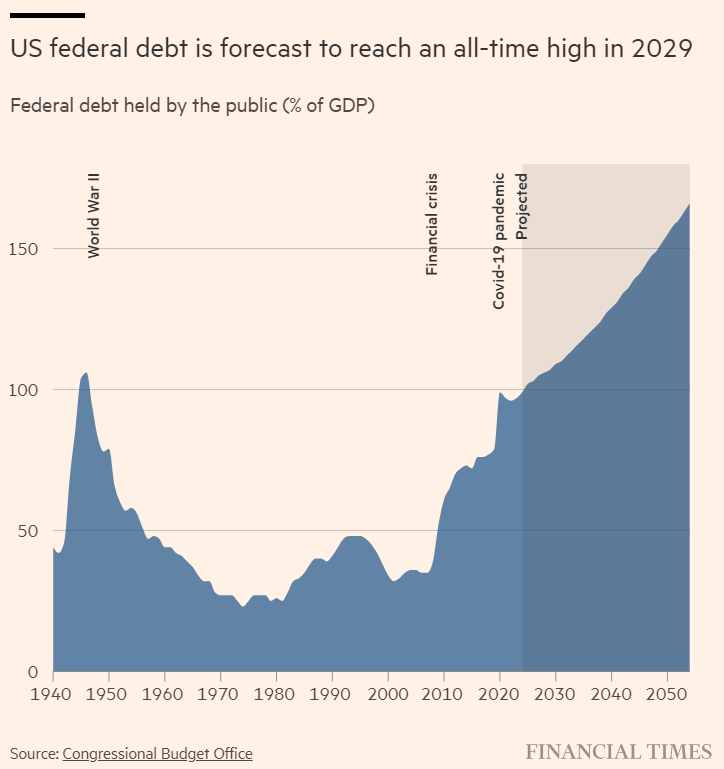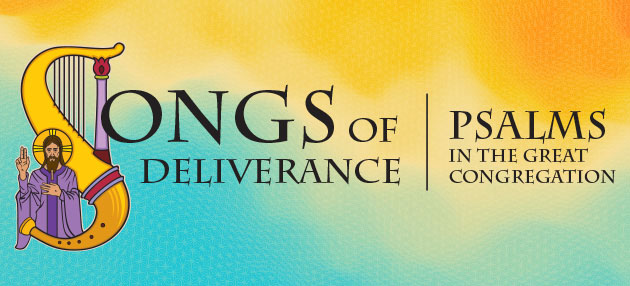Growing up in a small town in the Midwest, I learned that there are a ton of things you do because they are simply the right things to do. You do not reason your way to doing them nor do you seek some personal gain by doing them. You do them because they are the right thing to do. This included telling the truth, being responsible for yourself, being accountable for what you say and do -- all the way to holding open a door for a woman. These things, whether popular or in style, are the things you do because they are the right thing to do.
Like nearly every child of my era, apologizing for what I did or said wrong was one of those right things to do. My mother, like most mothers of that era, forced me to say "I am sorry" even when I was not. It was a learning experience that was designed to teach me what the right thing to do was and to convince me to do it. I am not trying to throw my mom under the bus on this. I did the same thing with my own kids. I tried to teach them that such things were beyond rational justification or virtuous identity. These are simply the things we do because they are the right things to do.
Forgiving those who so confess is often put in the same context. You forgive because it is the right thing to do. Here is where I must raise an objection. Forgiveness is not the right thing to do -- it is not a new law that we must keep. Refusing to forgive is not a moral failure nor is forgiving a moral virtue. Forgiveness is not the right thing to do but it is flowering of Christ's life in us. We forgive because we were forgiven. Christ's life planted in us in baptism bears the fruit of forgiveness. This is not simply a private matter. Matthew 18 removes this from the matter of a private relationship. We do not get to choose to make this public. Sin and forgiveness is by nature public and not private -- no matter how we think of the matter or what we desire about it.
To say that forgiveness and the refusal to forgive are not private matters is to acknowledge that these are inherent to our life in Christ. When our risen Lord visited His Apostles after departing the tomb and having conversation with Mary of Magdala, He turned disciples into bishops and endowed them with an authority which they exercise not privately according to their own will but in His name. So when He said to them, “Whosoever sins you loose are loosed, and whosoever sins
you retain are retained,” Jesus was taking forgiveness out of the realm of morality just as He was taking this out of the realm of worthiness or the sincerity of their repentance and making this the reflection of Christ's life in us. As we have been forgiven, we forgive. While this has profound particular meaning for
the Apostolic ministry given to the Church, it also has a profound and particular meaning for the Christians who forgive one another in family, friendship, and fellowship.
When Peter had the courage to ask the Lord how often he should forgive his brother who sins against him, Peter seemed to see forgiveness as the right thing to do. But even as the right thing to do, it must surely have limits or boundaries, right? Jesus stamps down this idea with some new math of the Kingdom. Seventy times seven. Either Jesus means for us to keep a count and when we get the magic number then we get to refuse to forgive OR Jesus is saying that forgiveness has no limit. It is not the right or moral thing to do but the most unreasonable and shockingly excessive mark of Christianity. As far as the East is from the West, so that the sins which were scarlet might be white as snow, as often as you sin and ask for forgiveness, the cross avails. How magnificently shocking! Mercy forgives not because of anything gained by anyone but purely because of Christ who became nothing for us -- that we might be forgiven, sure, but also so that we might forgive in His name.
“The mutual conversation and consolation
of brethren” is Christians taking the forgiveness they have received (the gospel itself) with them out the
church door each week and into their homes, workplaces, and neighborhoods. Christ goes with them. As they talk around the dinner table, shine
Christ's light on one another, share God's comfort, and give witness to the Gospel, they do this not because it is the right thing to do but because this is who we are and how we live out our new lives in Christ. The Pastor does not absolve because it is the right thing to do but because this is Christ work and Christ working in and through him. This is true also of the forgiven who walk out the door each Sunday with the grace of forgiveness not only on them but to work in them and through them. Don't forgive because it seems to be the right thing to do. Forgive because it is what Christ has done for you and gives you the gift of doing for others. And this is the character of our life in Christ.



















